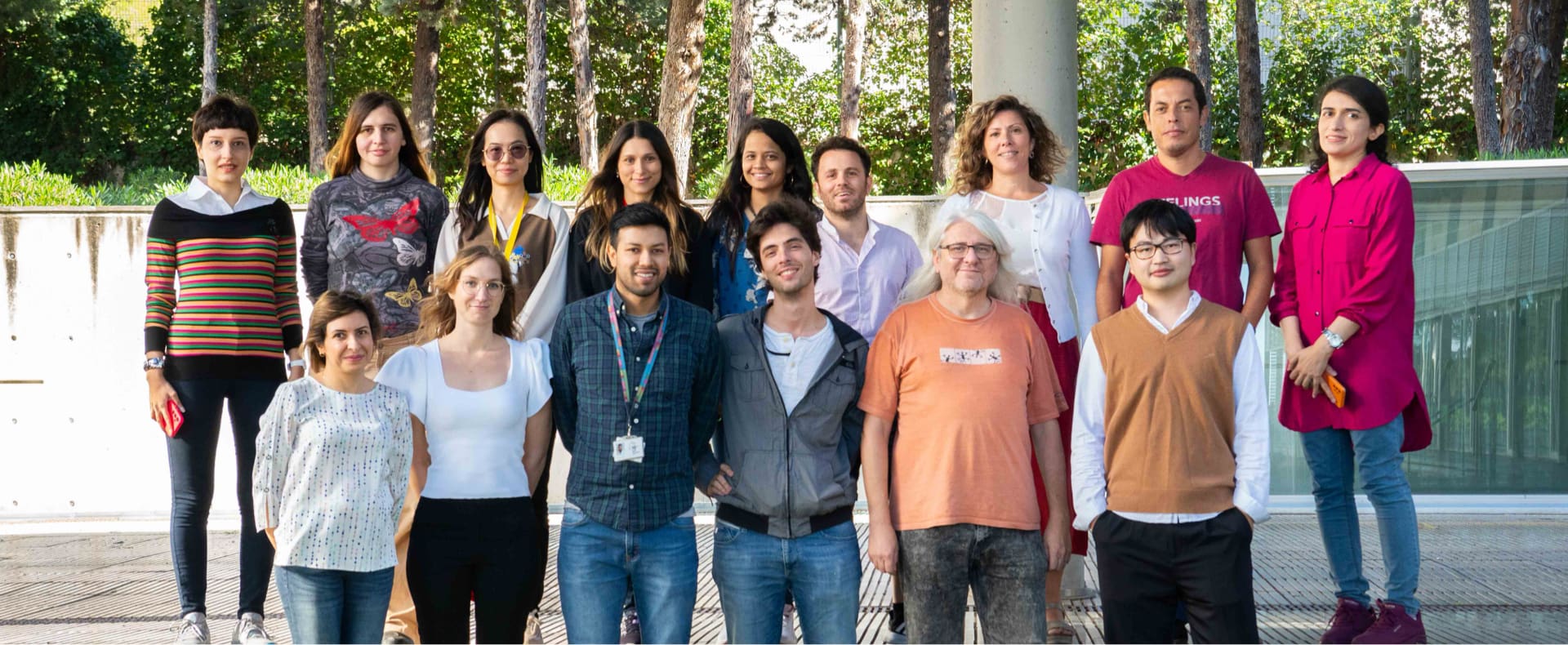- Home
- Resarch
- Research Groups
- Prof. J.R. Galán-Mascarós
Prof. J.R. Galán-Mascarós
Sustainable materials and devices for energy and chemical transformations
Research Overview
During the last 10 years, our research group has focused on the discovery and development of electrochemical oxidation catalysts for the oxygen evolution reaction (OER), and their exploitation for the production of solar fuels. Our most significant contributions are:
Water oxidation catalysis in acidic media with stable, Earth-abundant metals:
The instability of transition metal oxides under oxidation potentials in low pH electrolytes was supposed to be unavoidable, since these oxides are thermodynamically unstable. We implemented a novel strategy to avoid their total dissolution in water by their incorporation into partially hydrophobic solid supports. With this approach, we demonstrated that cobalt-based polyoxometalates, (Nat. Chem. 2018, 10, 243), were competitive with that of noble metal catalysts. Our results were highlighted by Chemistry World “Cheap water splitting catalysts takes on precious peers” (12/2017). More recently we have demonstrated this same approach is valid to stabilise even common transition metal oxides (Nat. Commun. 2022, 13, 4341).
Water oxidation catalysis with Prussian blue analogues:
Looking for alternatives to OER catalysts in acidic media, we searched for non-oxide materials resistant and stable at very low pH (pH < 1). We found excellent acidic stability, and high OER activity in the family of Prussian blue materials (J. Am. Chem. Soc. 2013, 135, 13270; J. Am. Chem. Soc 2016, 138, 16037). This discovery was highlighted by Chemistry World “Water-splitting catalyst based on Prussian blue” (9/2013). We were able to demonstrate their viability as low-cost substitutes for IrO2 in PEM electrolysers (Sustainable Energy Fuels 2018, 2, 589) and their versatility as co-catalysts to significantly enhance the photocurrent of light-harvesting semiconductors for solar fuels production (ACS Appl. Mater. Int. 2017, 9, 37671; Energy Environ. Sci. 2017, 10, 2124).
Magnetic enhancement of water splitting:
We discovered how the use of weak magnetic fields, generated by permanent magnets, can enhance the kinetics of OER electrocatalysts, doubling the current density at constant applied potential (Nat. Energy 2019, 4, 519). This discovery was highlighted by Chemistry World “Magnets double the efficiency of water splitting” (08/2019) and C&E News “Magnet doubles hydrogen yield from splitting water” (06/2019): TOP READ 2019 News Story of the year (C&E News 09/12/2019).

Let's create a brighter future
Join our team to work with renowned researchers, tackle groundbreaking
projects and contribute to meaningful scientific advancements

















